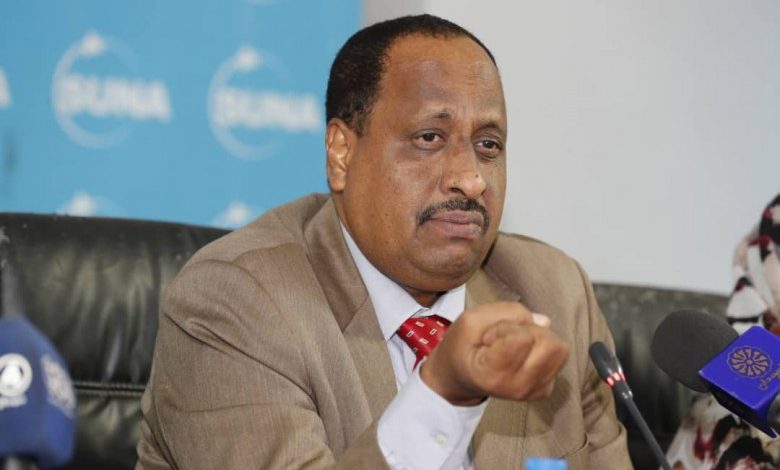Economic
Economic Expert Stresses the Need for a New Perspective on Customs and Taxes

Sudan Events – Rehab Abdullah
Economic expert Dr. Mohamed Al-Nayer predicted that the 2025 budget performance would be better than that of 2024, especially with the significant moves by the Ministry of Minerals and the Sudanese Mineral Resources Company to increase production, in addition to efforts by the Ministry of Oil with Russia and China, which may lead to a transformation in 2025 with new investments from these countries.
Budget Indicators
Al-Nayer pointed out that many indicators of the 2025 budget have not been announced. He noted that the war budgets for the past two years have not been disclosed, nor have their figures, details, or performance reports. He attributed this to the circumstances of war and the state’s focus on arranging priorities, expenditures, and seeking resources. Unlike the pre-war period when performance reports were regularly raised, he assured that the supervisory bodies and the Auditor General’s office are working and reviewing financial performance. He also suggested that the executive body might have submitted these reports to the Cabinet for approval, though they have not been published yet.
Dr. Al-Nayer emphasized that the 2024 budget lacked publicly announced figures or statistics from the Ministry of Finance but noted that general indicators show that things are progressing relatively well. There is a stable exchange rate, and the depreciation of the exchange rate has stopped, which is a positive indicator. Although inflation is still high, its rate of increase has started to slow. There is also improvement in public sector spending, worker compensations, and military institution performance. This improvement in military performance is considered a significant indicator of the budget’s success, reflecting positively on worker compensation and the smooth running of the state’s affairs.
Al-Nayer concluded that the 2024 budget is progressing well, especially with coordination between monetary and fiscal policies, and he described the replacement of the 1000/500-pound currency notes as an excellent step. He expects that 2025 indicators will be even better, with significant efforts to reduce gold smuggling and increased investments from Russia and China.
Positive Movements
Al-Nayer confirmed that significant changes could occur in 2025 with new Russian and Chinese investments, making it a better year than 2024. However, he cautioned that it is too early to conclude whether the budget can primarily address citizens’ issues. He assured that the budget meets the needs of the public sector workers in both central and local governments by providing continuous compensations, even during the war.
He noted that there is a gap in local governments regarding worker compensations, as federal financial support to states is sometimes inadequate, causing delays in meeting worker obligations. He called for a comprehensive solution to stabilize compensation systems at both the federal and state levels. Additionally, he emphasized that the state has made efforts to avoid shortages in essential goods, though prices remain high, and inflation continues to rise. On the positive side, the exchange rate’s stabilization helps improve citizens’ conditions significantly.
New Perspective on Customs and Taxes
Al-Nayer stressed the need for the government to adopt a new perspective on customs and taxes. He argued that merely expanding them vertically to increase revenue is a flawed theory, as this method hampers the flow of goods. He suggested that reducing customs and taxes would actually increase revenue and help goods move more freely.
Currency Replacement
Al-Nayer praised the delayed decision to replace the currency, emphasizing its positive impact. He noted that before the war, over 90% of the money supply was outside the banking system, with less than 10% in the financial sector, a situation that created a distorted equation. He explained that replacing the currency under the regulations set by the central bank would bring more money into the banking system, facilitating financial inclusion, which is a global trend. Additionally, the ability to trace funds in banks and use electronic transactions helps track illegal money flows.
He further noted that such measures also assist in uncovering fraud and counterfeit currency. This process would positively impact the national currency’s value and help bring more liquidity into the banking system to fund future development projects.



